-
Decree of Relegation of the Church and Altar Holy Rosary/St. John Church
-
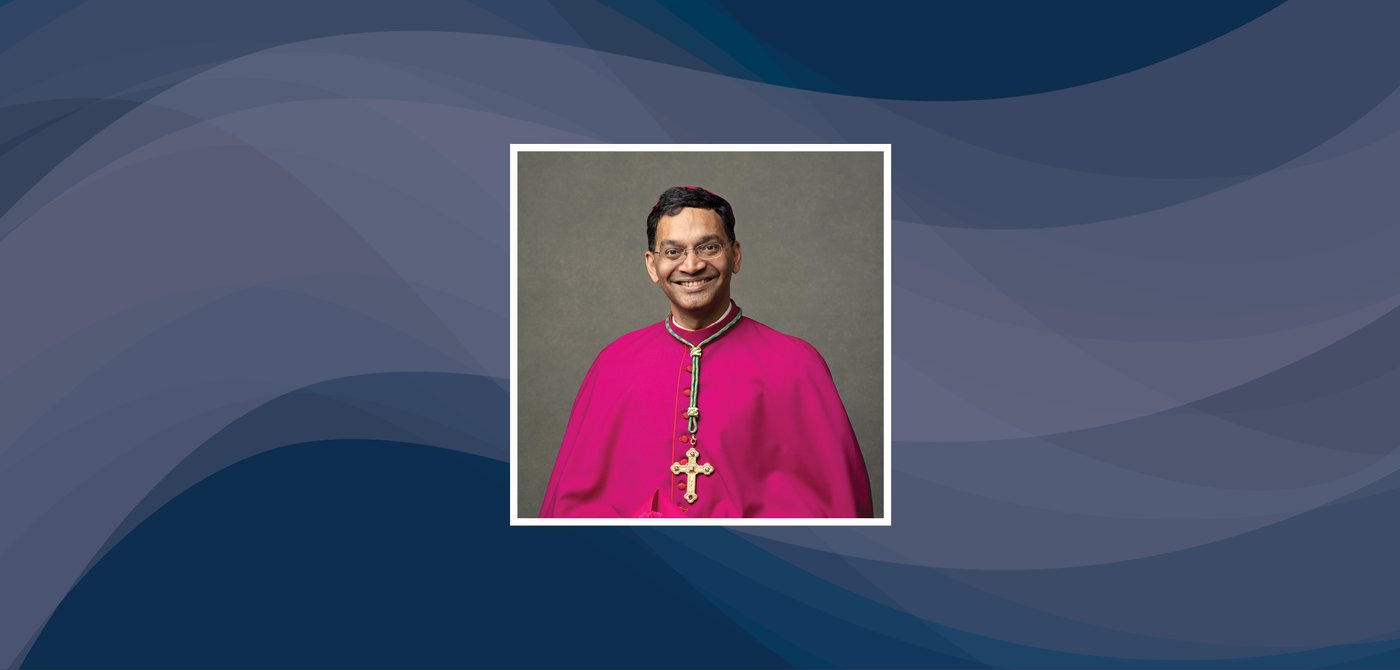
Bishop Fernandes’ Expresses Gratitude for Rule Changes in Visas
-

Bishop Earl K. Fernandes Issues a Dispensation
-

St. Stephen’s Community House to Become a Fully Independent Nonprofit Organization
-
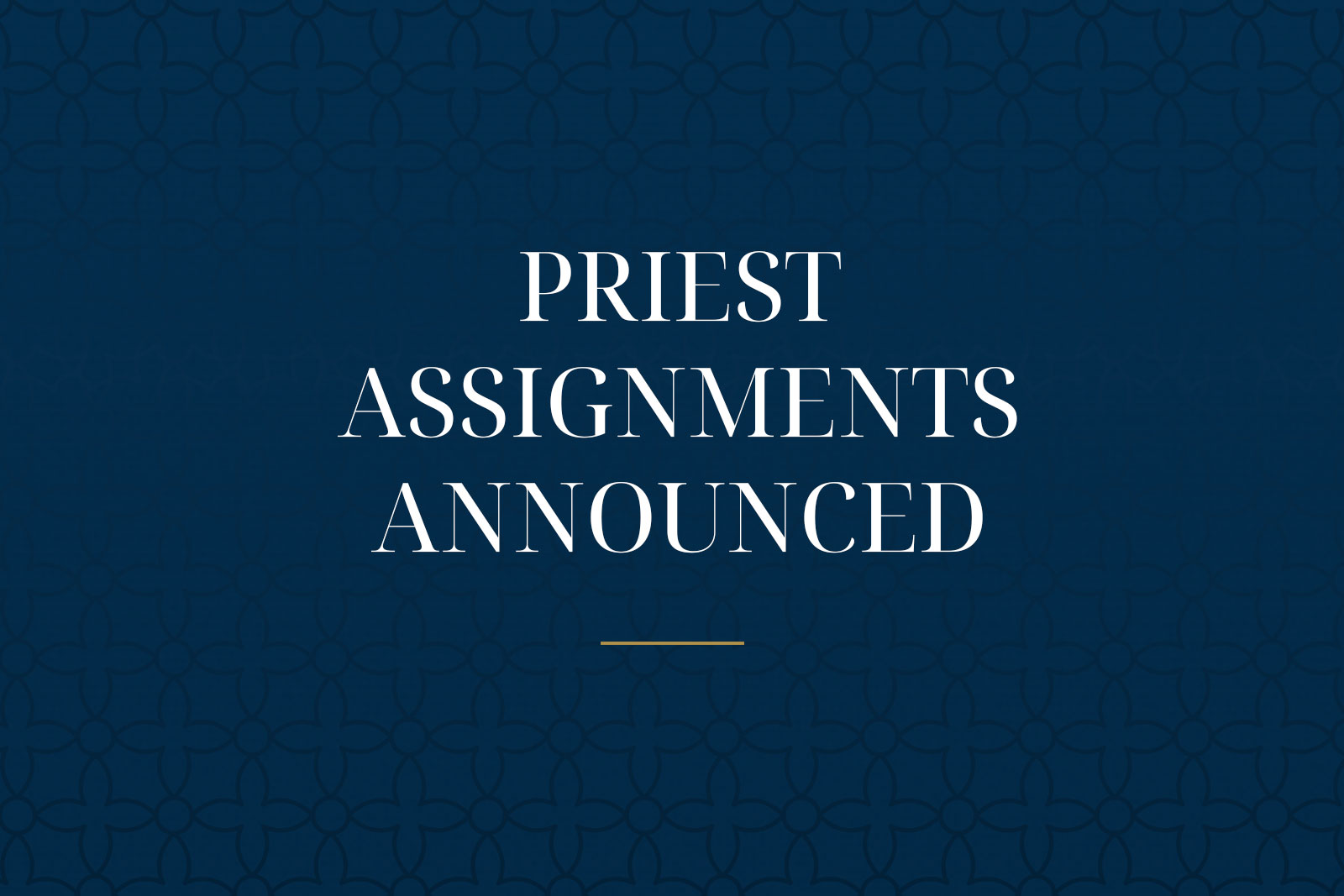
Clergy Assignments | December 2025
-

Decree Establishing the 7th Edition of the “Ethical And Religious Directives for Catholic Health Care Services” as Particular Law in the Diocese of Columbus
-

General Decree – Sponsoring the Sale of Firearms and the Acquisition of Goods from Firearm Sales
-

Bishop Fernandes welcomes Pope Leo XIV’s first exhortation, DILEXI TE
-

Clergy Assignments | August 2025
-

Decree for the Policy Regarding Civilian Criminal Background Checks and Child Protection Training for Employees and Volunteers in the Diocese of Columbus
-
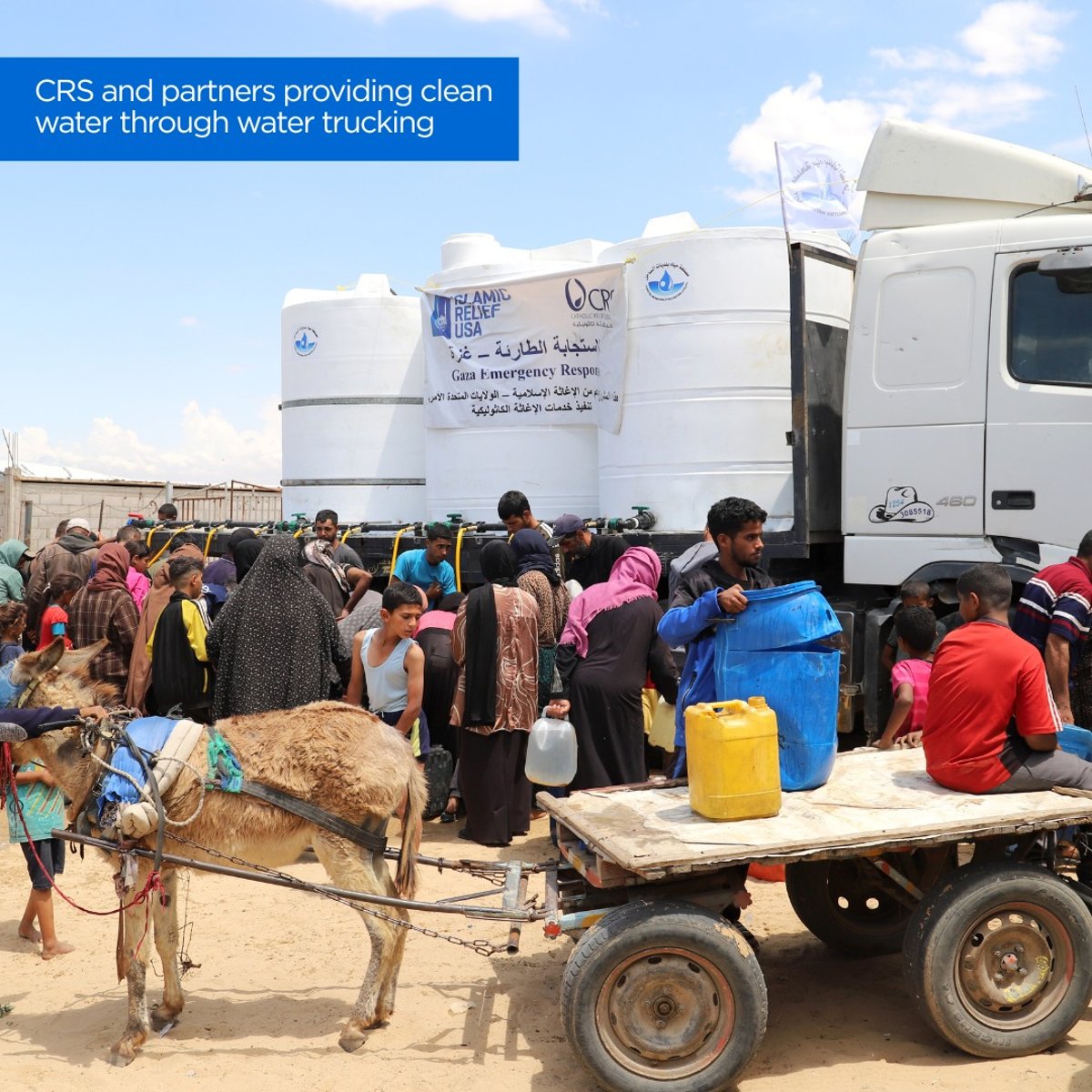
Donate to the Holy Land Conflict through Catholic Relief Services
-

Diocese Issues Decree of Extinctive Union of Our Lady of the Miraculous Medal Parish, Columbus, and St. Elizabeth Ann Seton Parish, Pickerington
-

Bishop Fernandes announces Diocese of Columbus lowering the age of Confirmation
-

Clergy Assignments | May 25, 2025
-

Clergy Assignments | May 18, 2025
-

Clergy Assignments | May 11, 2025
-

Clergy Assignments | May 5, 2025
-
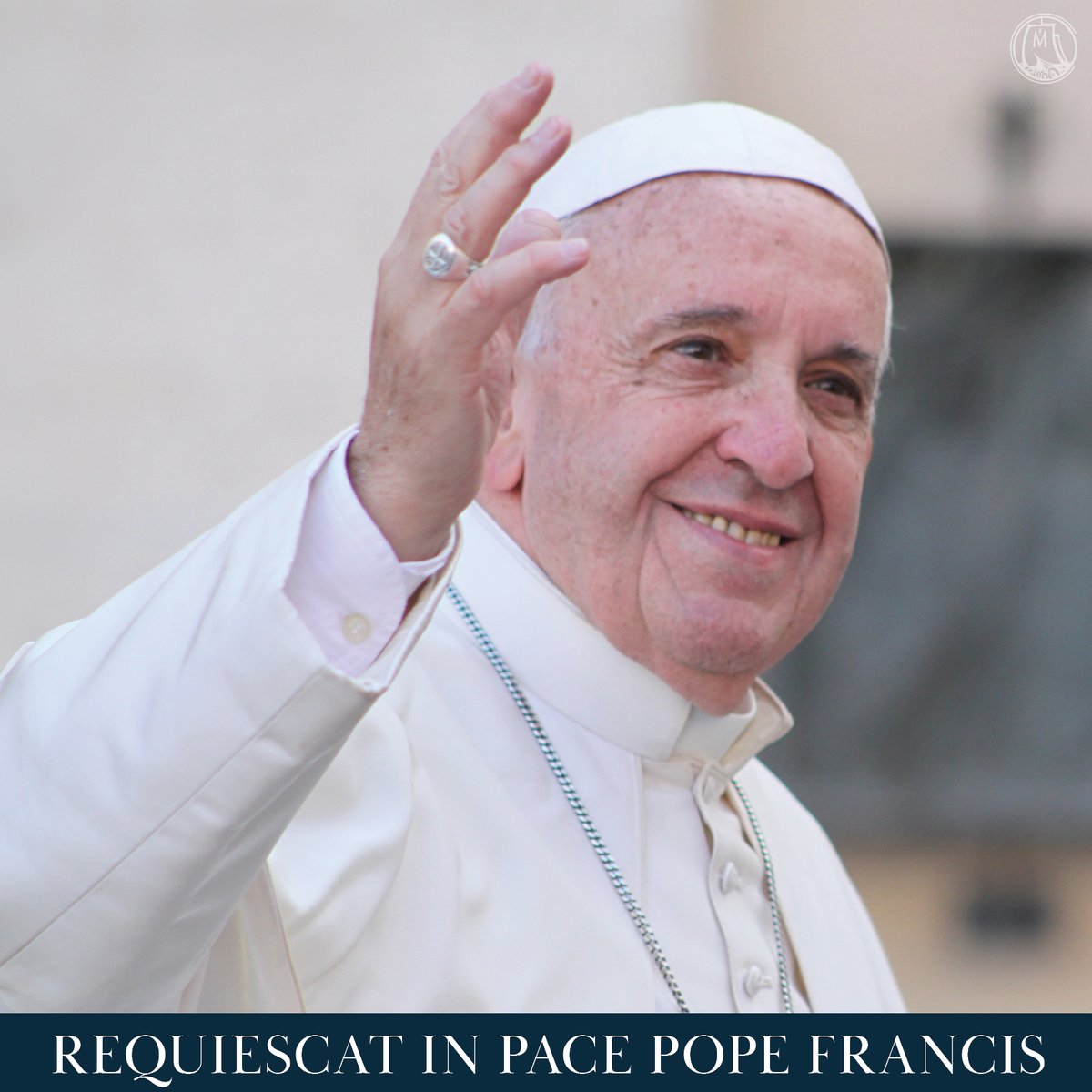
Prayers for Pope Francis upon his death
-

Diocese issues Decree of Relegation of the Church and Altar, St. Leonard, Heath
-

Congratulations Archbishop-designate Casey, Thank you Archbishop Schnurr
-

Diocese issues ten Decrees of Notably Altering Parish Boundaries
-
Diocese issues Decree of Extinctive Union of the Parish of St. Leonard, Heath, Ohio with the Parish of St. Francis de Sales, Newark, Ohio
-
Diocese issues twelve Decrees of Notably Altering Parish Boundaries
-

Diocese of Columbus one of three host cities for SEEK26
-
Diocese issues four Decrees of Notably Altering Parish Boundaries
-
Diocese issues a Decree Erecting the Diocesan Shrine of Our Lady of Guadalupe
-
Diocese issues Decree of the Order of Widows
-

On Dilexit nos
-
Diocese issues nine Decrees of Notably Altering Parish Boundaries
-
Diocese issues Decree of Extinctive Union for Jackson-Vinton Catholic
-

Immigrants enhance our parishes, diocese
-
Additional 2024 Clergy Assignments Announced | September 16, 2024
-
Additional 2024 Clergy Assignments Announced | June 17, 2024
-

Additional 2024 Clergy Assignments Announced | June 10, 2024
-
Additional 2024 Clergy Assignments Announced | May 28, 2024
-
Bishop Earl K. Fernandes Announces Changes to Diocesan Leadership
-
Clergy assignments include newly ordained priests
-
Additional 2024 Clergy Assignments Announced | April 29, 2024
-
Additional 2024 Clergy Assignments Announced | April 8, 2024
-
Diocese issues seven parish Decrees of Suppression
-
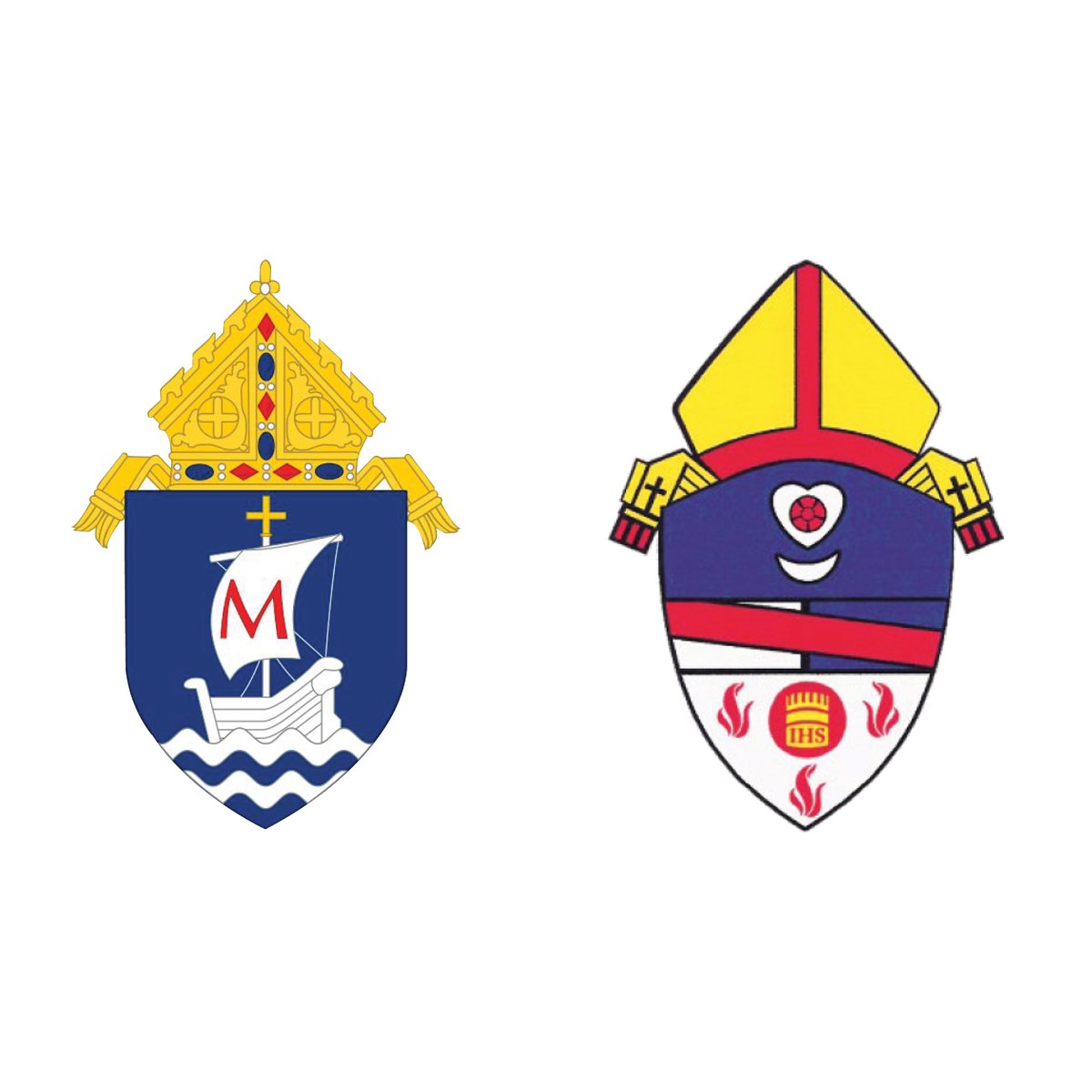
Dioceses of Columbus and Steubenville Submit Summary to Archbishop and Apostolic Nunciature
-

2024 Clergy Assignments Announced
-

Columbus Steubenville Diocesan Leadership Teams Gather for Third Meeting
-
Diocese issues Decrees of Suppression for Holy Rosary-St. John and Scioto Catholic
-

Columbus Steubenville Diocesan Leadership Teams Gather for Second Meeting
-

Bishops Issue Joint Statement on Dioceses Potential Merger
-

Bishop Fernandes announces pro-life initiative on Solemnity of Immaculate Conception
-
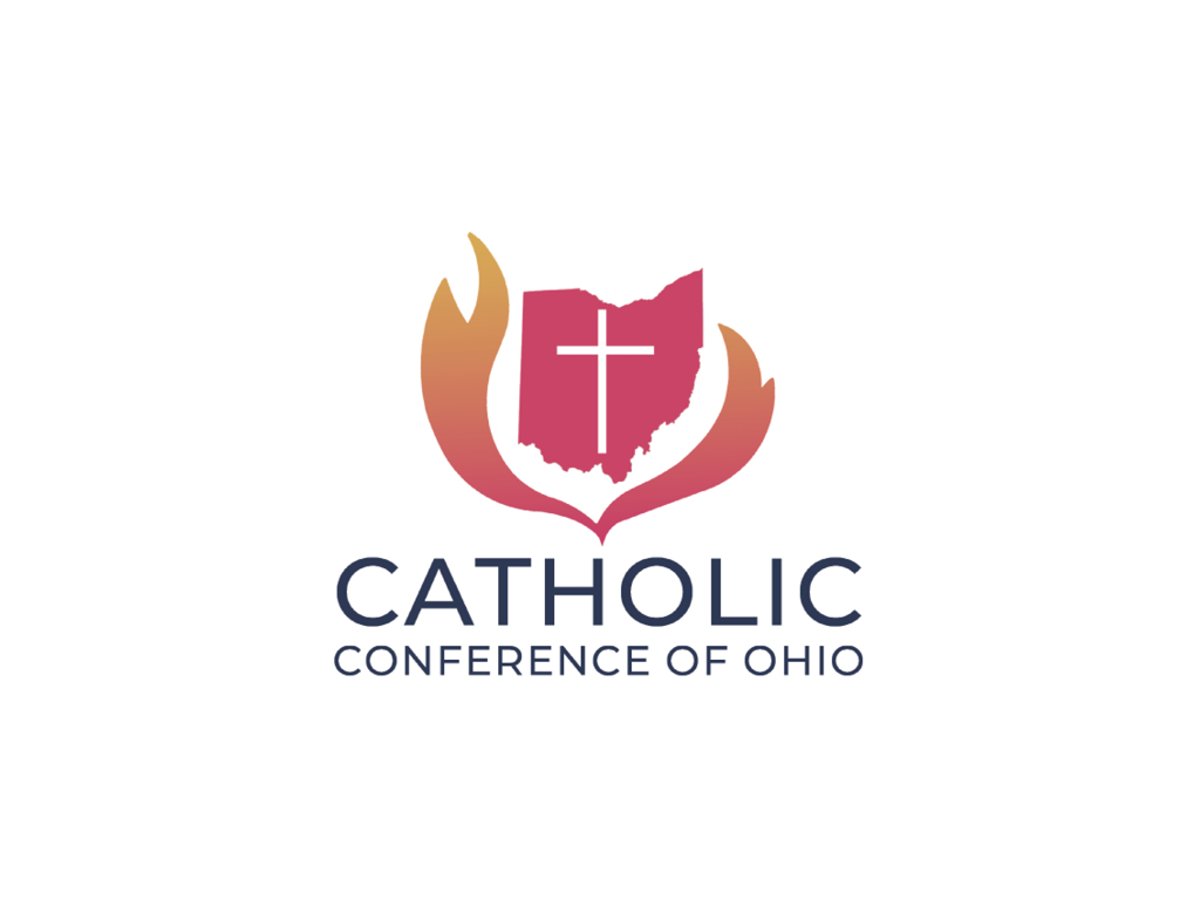
Catholic Bishops of Ohio issue statement after passing of Issue 1
-
Diocese issues parish Decrees of Suppression
-

On Laudate Deum
-
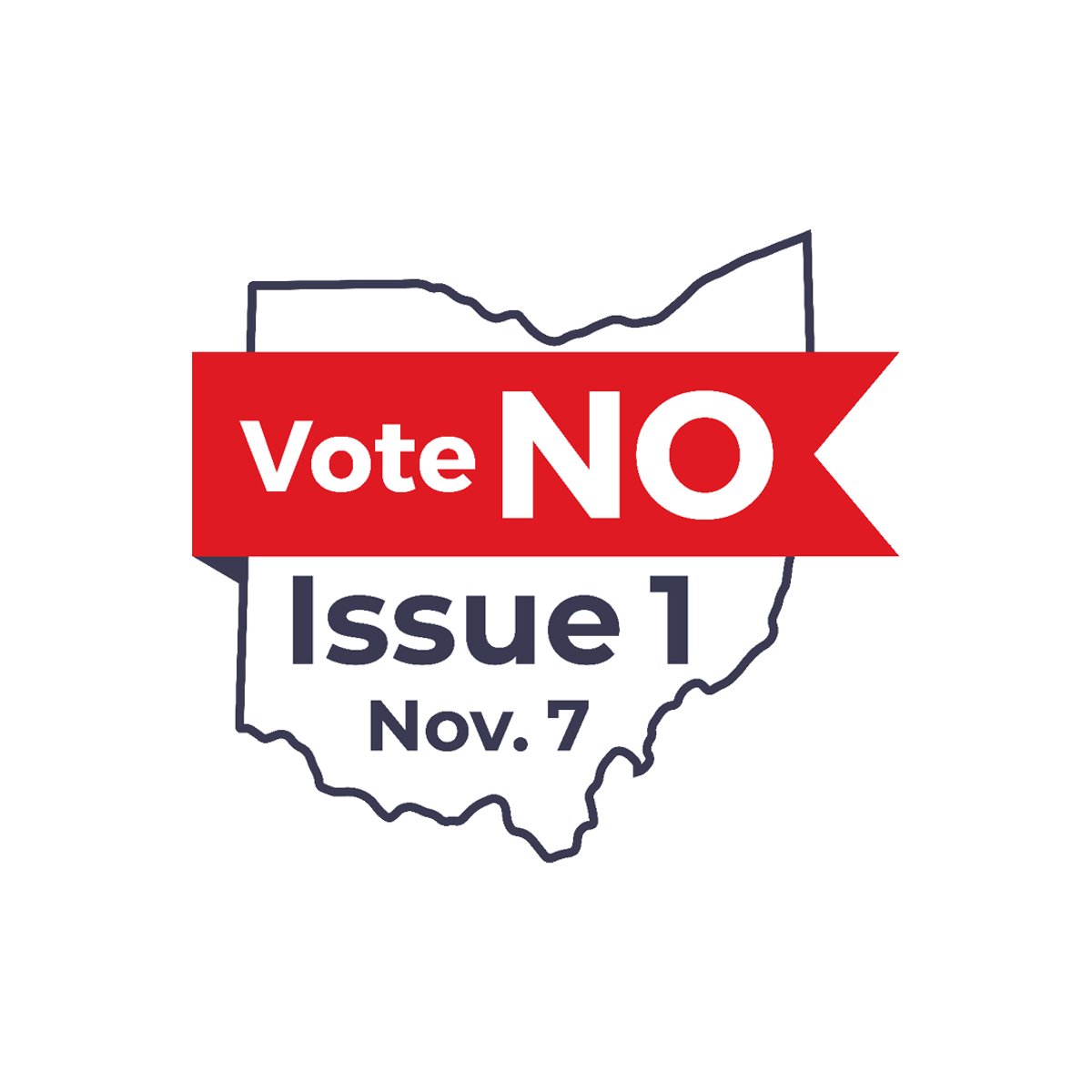
November Election 2023
-
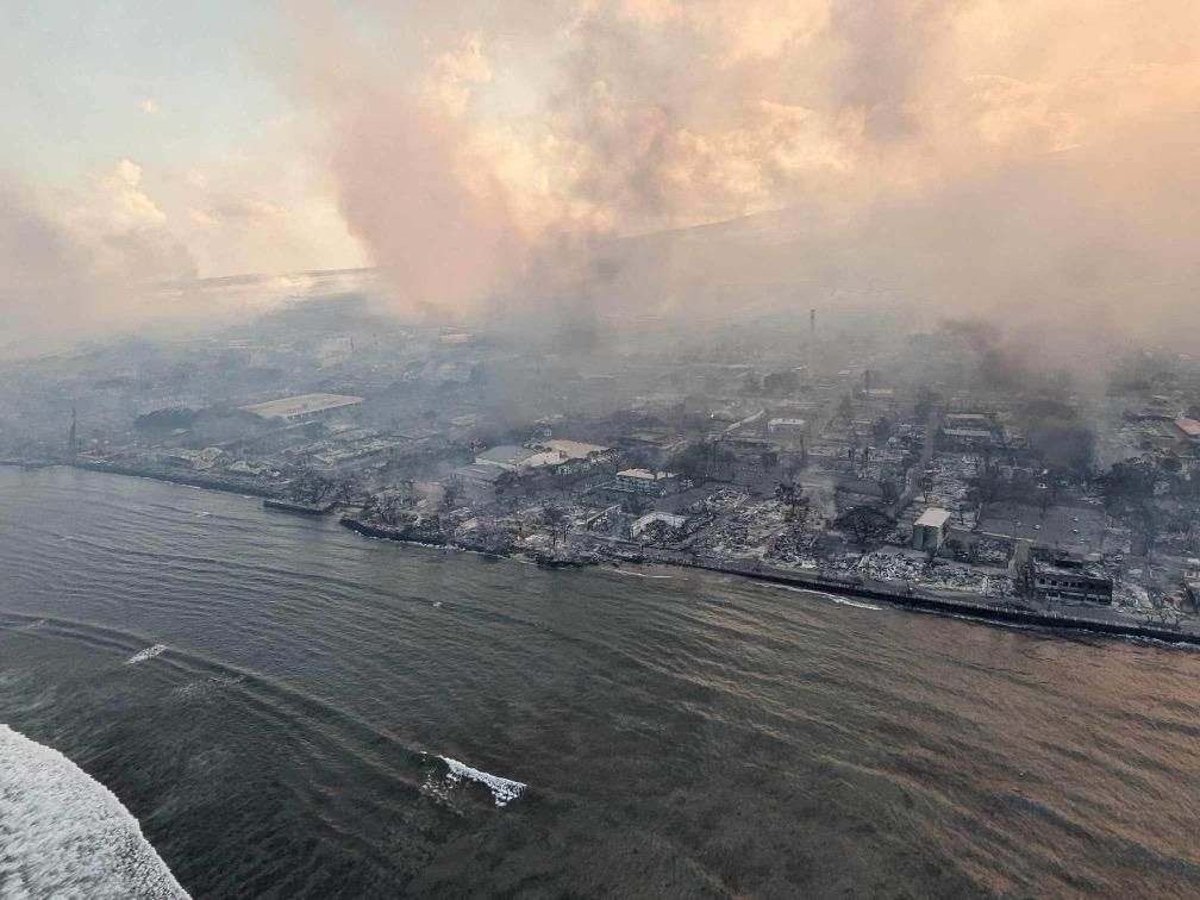
Hawaii Catholic Community Foundation – Maui Relief
-
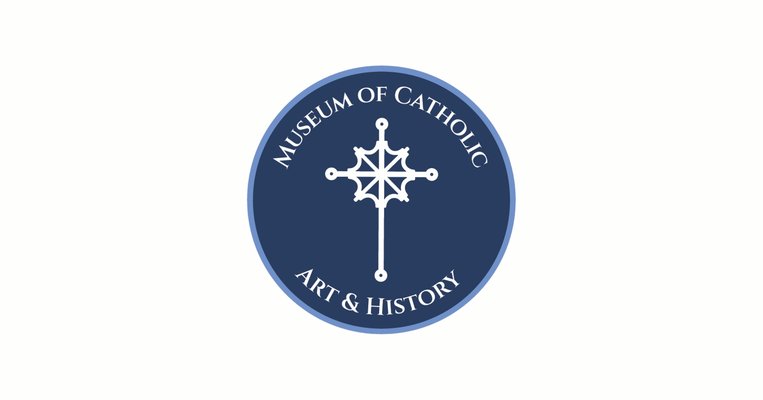
Diocese of Columbus Catholic Museum Receives Major Donation
-
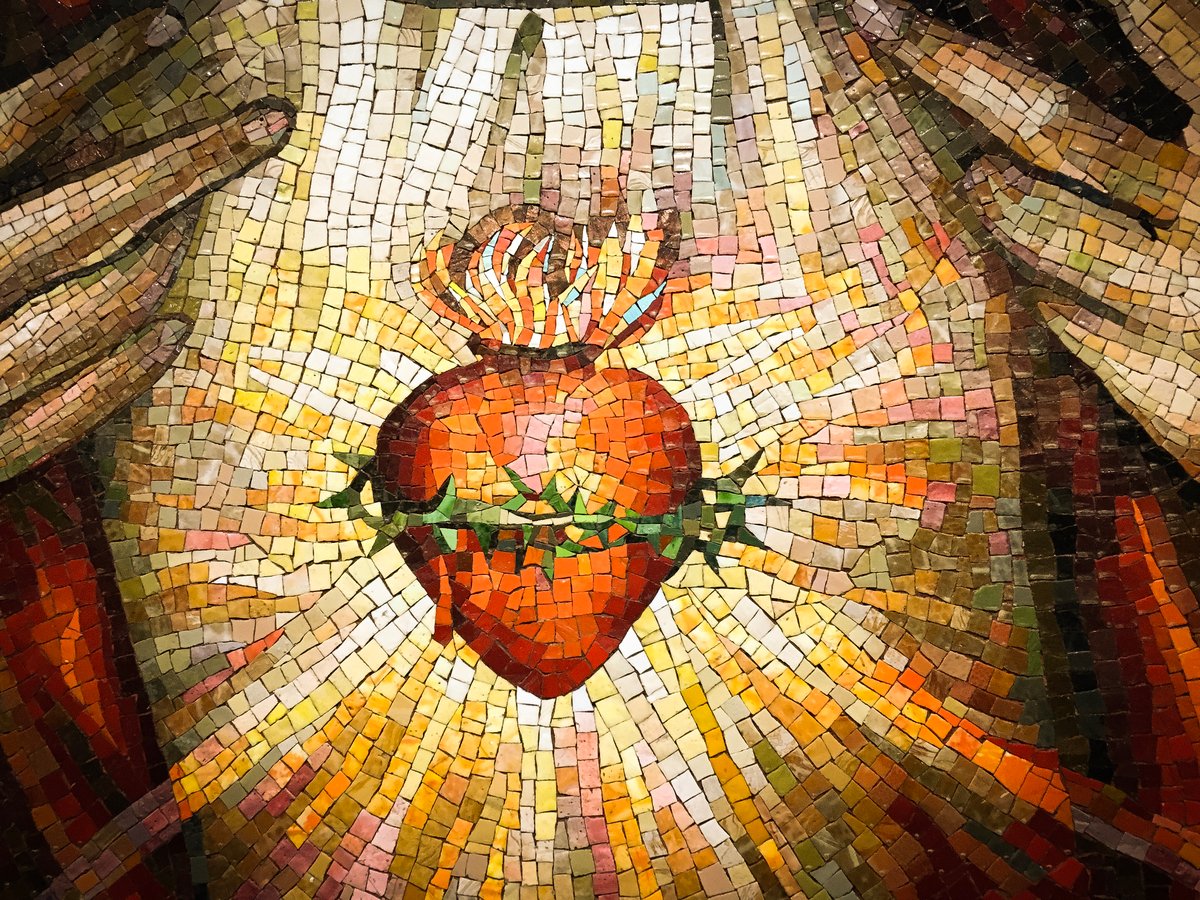
Sacred Heart Letter to the Faithful
-

Diocese announces additional clergy assignments
-

Diocese announces four new 2023 clergy assignments
-

Real Presence, Real Future Results Released
-
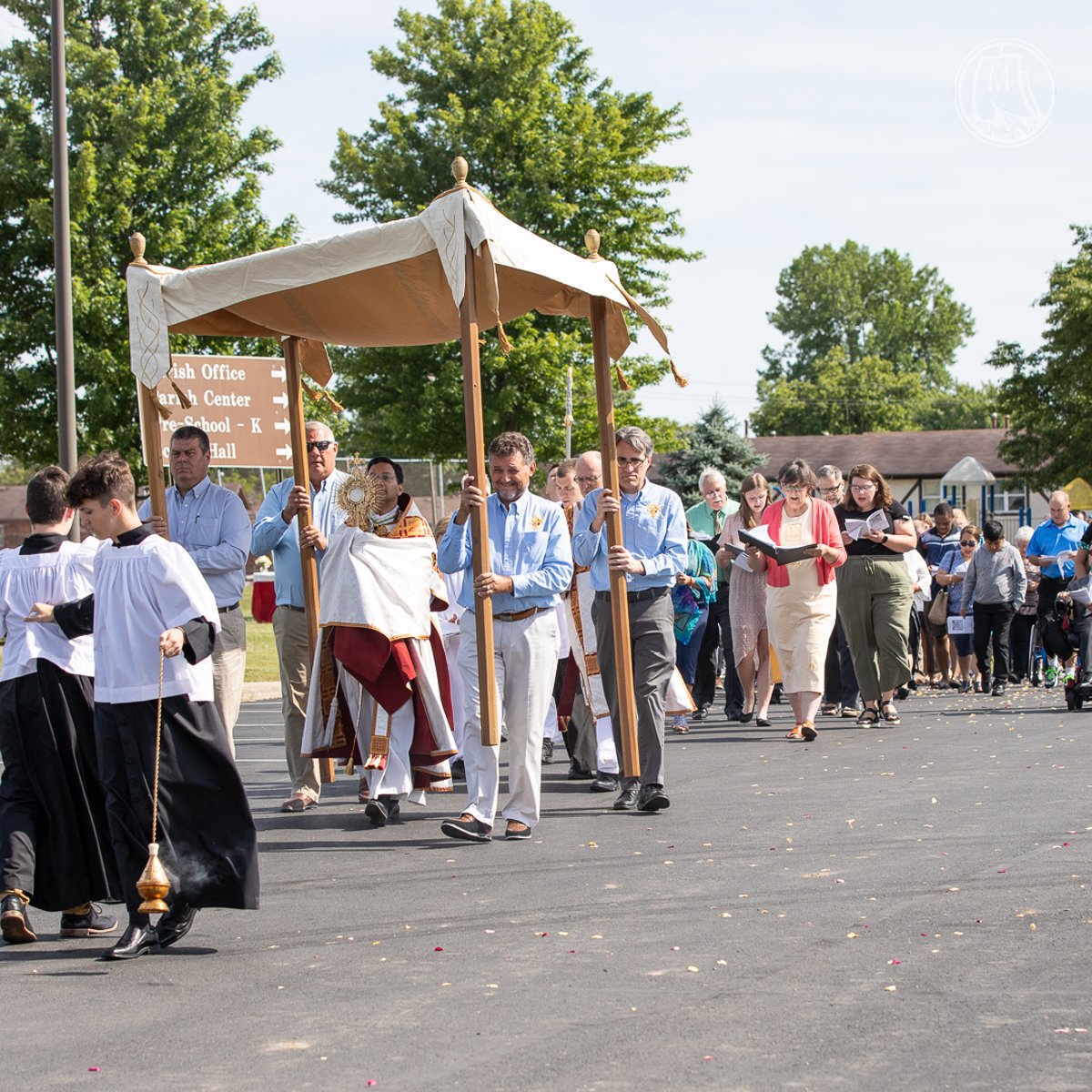
Eucharistic Processions in June of 2023
-
Diocese announces suppression of St. Ladislas, Corpus Christi, Holy Cross parishes
-

Additional 2023 Clergy Announcements
-

2023 Clergy Assignments Announced
-
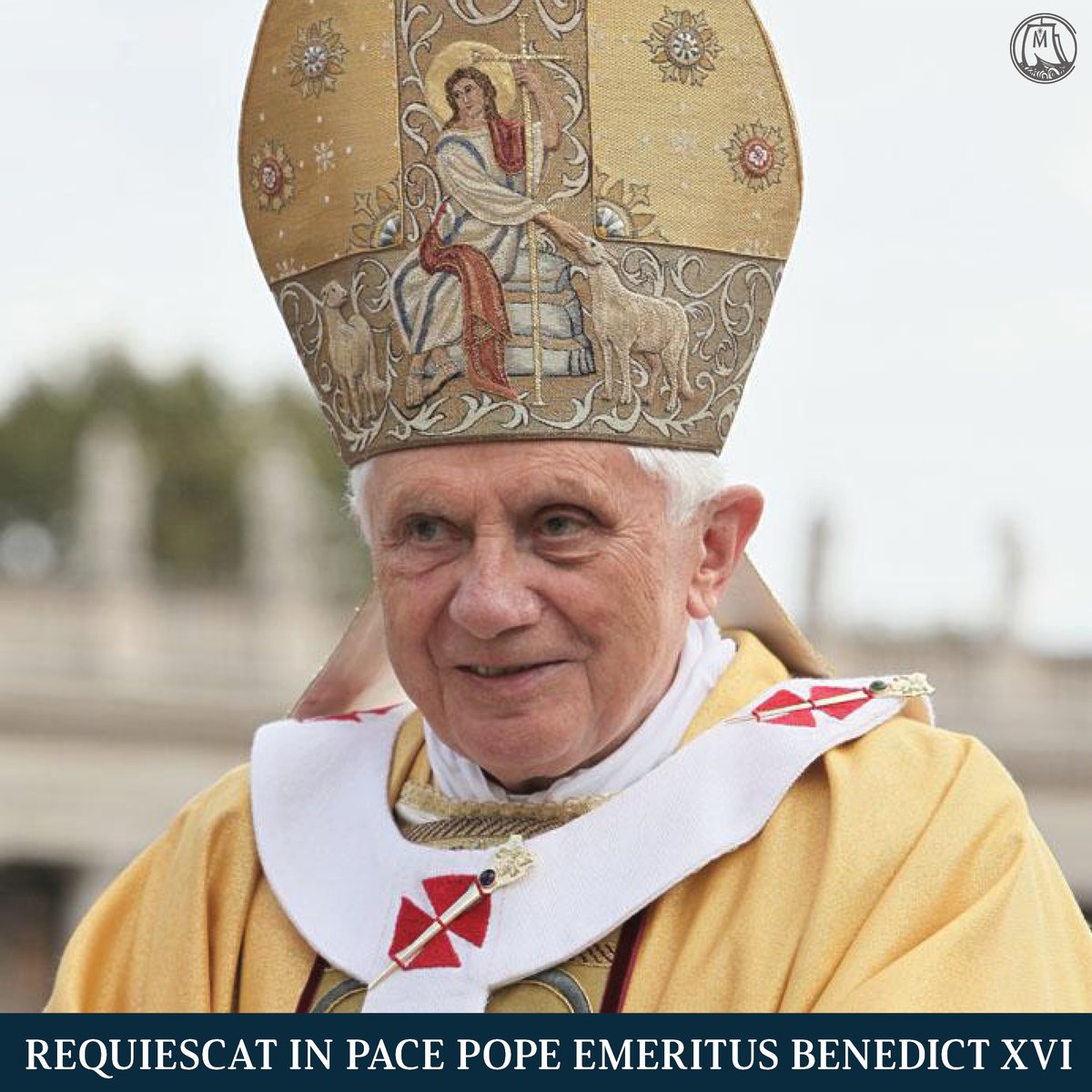
Pope Benedict XVI
-
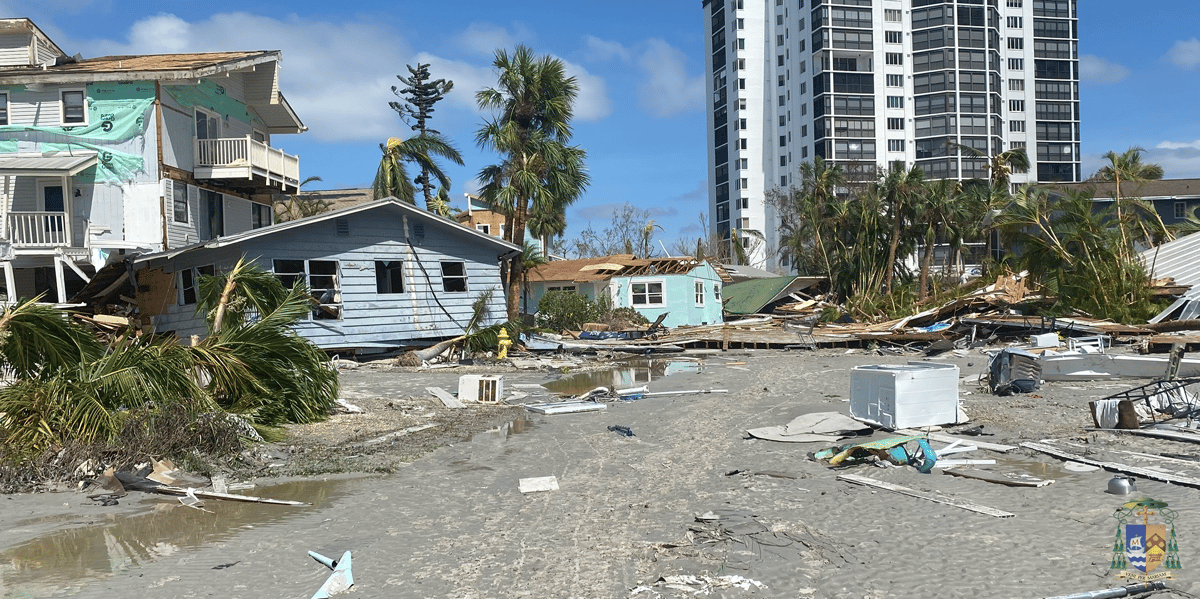
On Hurricane Ian
-
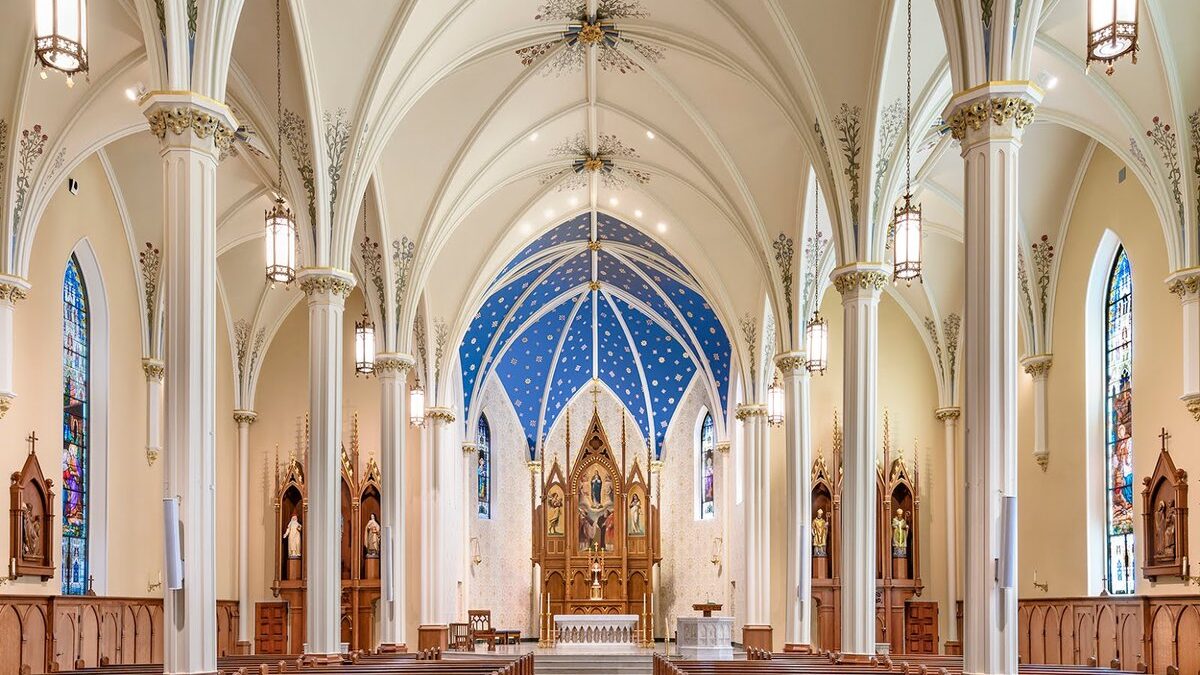
Vatican Grants “Minor Basilica” Title to St. Mary of the Assumption Church in Lancaster
-
Fr. Adam Streitenberger appointed Executive Director of the St. Thomas More Newman Center
-
Diocese of Columbus Thankful for U.S. Supreme Court Ruling on Dobbs v. Jackson Women’s Health Organization
-

Juneteenth 2022